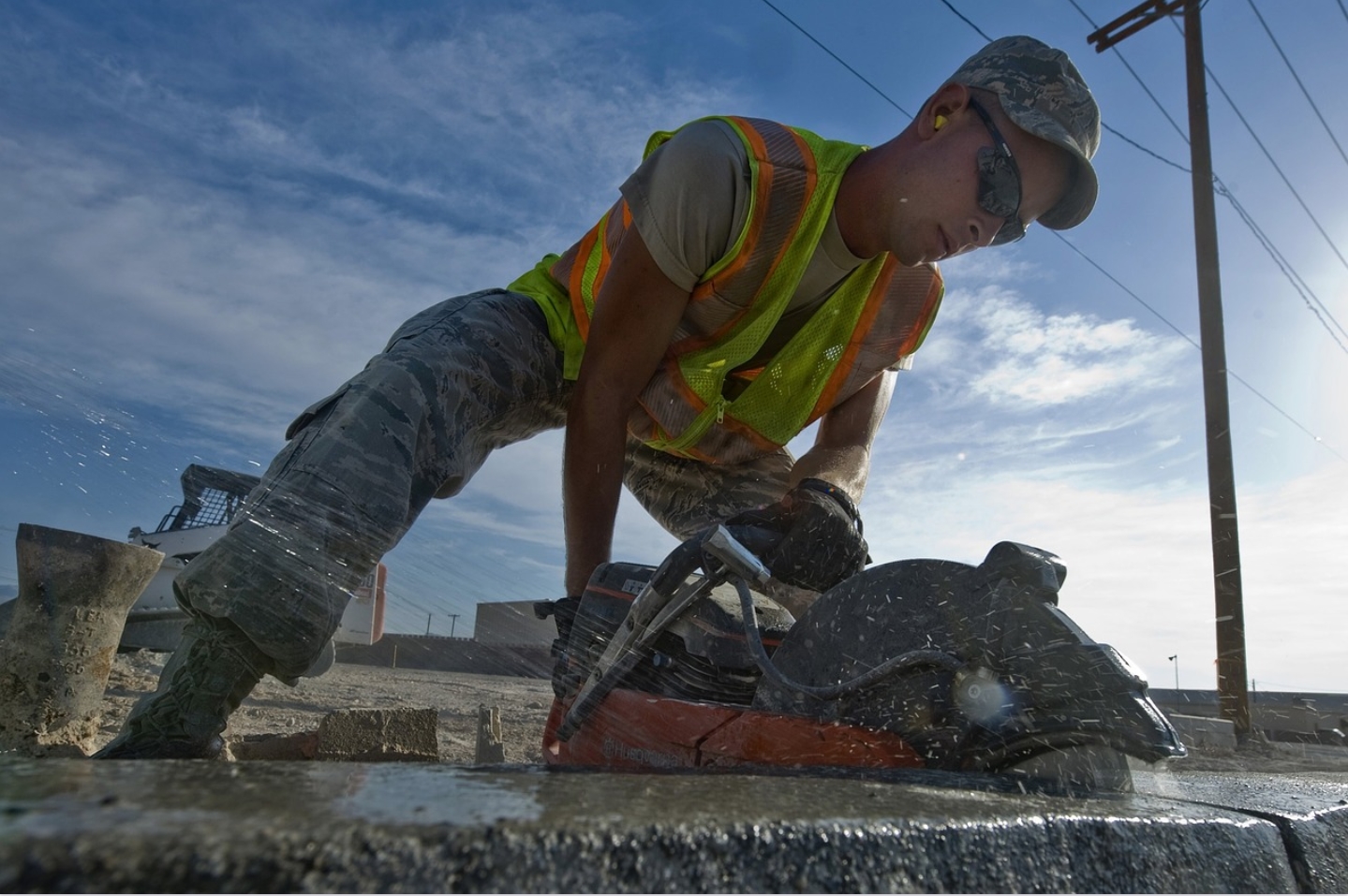Many times, the words “concrete” and “cement” are used interchangeably. People assume they’re the same thing. But, that isn’t the case. Knowing the difference between a concrete and cement slab can help you to make a more informed choice when it comes to things like concrete patios or concrete foundations.
First, it’s important to note that concrete is the most popular option for foundations across the country. It’s durable, easy to install, and is meant to last a lifetime with the right care and maintenance.
If you’re interested in Googling “concrete patio installers near me,” make sure you know what you’re getting. Don’t assume that a cement slab will give you the same quality!
Concrete Contains Cement
One of the biggest reasons that cement and concrete get easily confused is because there is actually cement inside of concrete.
Cement is made of a variety of materials, including calcium, limestone, and clay. That mixture makes a great binding agent. But, it isn’t very strong. If you’re trying to use only cement as a foundation of something, you’re likely going to end up disappointed and having to pay a lot of money on repairs. The mixture is actually a key ingredient in concrete, which also contains aggregates. Things like sand and gravel are part of these aggregates.
When combined with water, the binding properties of cement and the strength of the aggregates create the paste-like concrete we all know. Simply put, you can have cement without concrete but you can’t have concrete without cement.
Why is Concrete Better?
Concrete tends to be far more durable than cement, which can crack and chip easily. Concrete is used more for home construction projects and foundations because of its strength and the fact that it is made to last.
While cement can be used for smaller jobs, including grouting, concrete should always be used for slabs. You’ll be setting yourself up for a stronger foundation that will last for years. Cement is too weak on its own and will likely end up causing problems as a slab.
There are some arguments regarding the downsides of concrete. Though it is strong and durable, it can also be porous, especially if you live in a wet area or the slab is placed on soil that doesn’t have strong draining properties.
But, by sealing your concrete and making sure it is properly maintained, you can combat any water issues and you won’t have to worry about your concrete slab getting damaged or anything shifting or sinking.
Do You Need a Concrete Slab?
If you’re in the southeast Michigan area and you need a concrete slab installed, don’t hesitate to contact Debuck Construction. Not only can we help you with all of your concrete needs, but we’re happy to answer any additional questions you may have about the difference(s) between concrete and cement, and applications in which each can be used.

